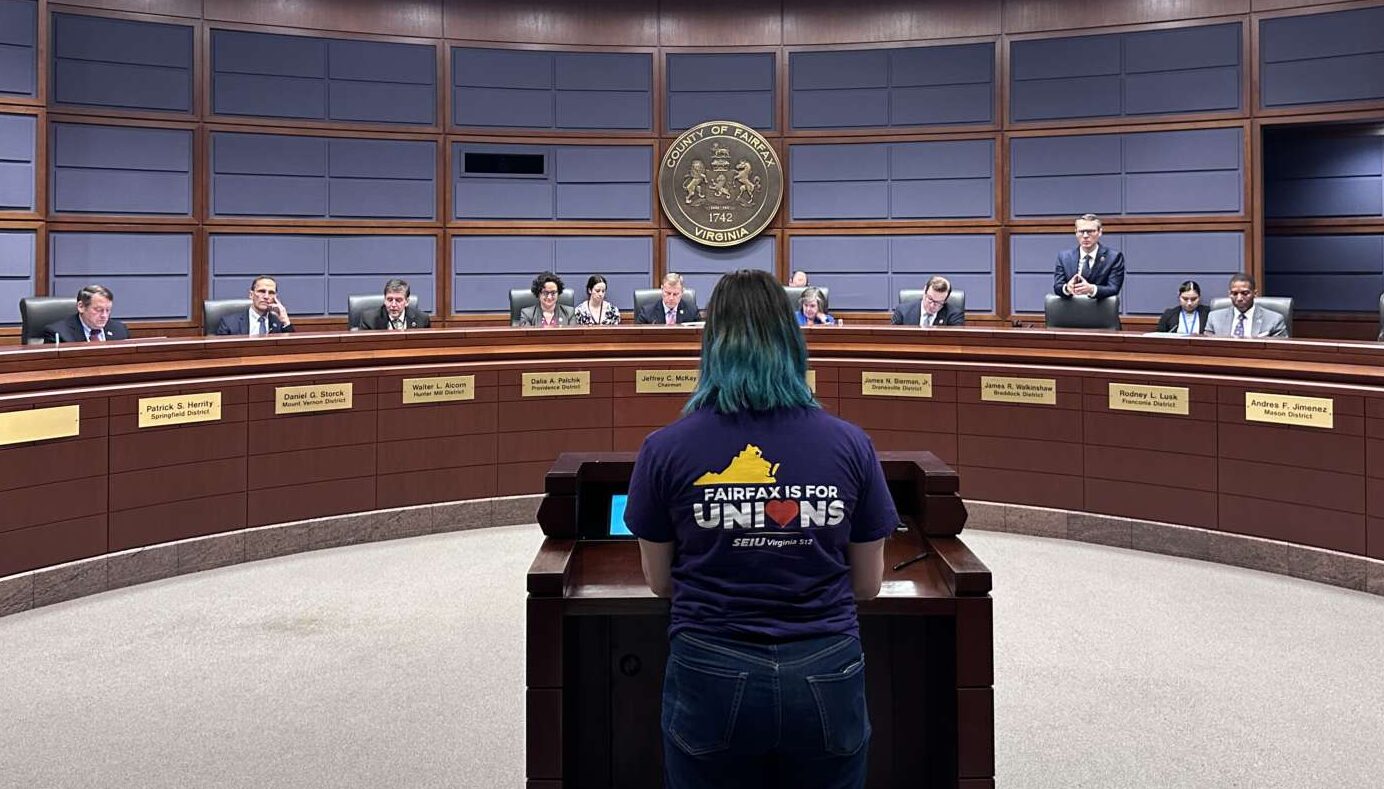This is a sponsored column by attorneys John Berry and Kimberly Berry of Berry & Berry, PLLC, an employment and labor law firm located in Plaza America that specializes in federal employee, security clearance, retirement, and private sector employee matters.
Trade secrets are generally valuable information that could give a company an economic edge over its competitors and that are not easily attainable by others outside of the company. President Obama signed into law on May 11, 2016 a bipartisan bill that combats theft of trade secrets that were previously not protected under federal law.
The Defend Trade Secrets Act of 2016 (DTSA) will have an effect on employers and employees in all state and federal jurisdictions. Before the law passed, employers and employees had to navigate different state laws regarding issues involving the misappropriation of trade secrets. These state laws varied, which made it difficult for companies to construct consistent policies regarding their trade secrets. While the DTSA does not completely eliminate the different state laws, it provides for consistency in trade secret cases.
The law itself appears to be a compromise giving employers greater protections against employees taking trade secrets and also providing employees greater rights when issues of whistleblower protection arise. In general, employers with trade secrets who file lawsuits under the new law will be entitled to recover damages for their losses, in addition to preventing competitors from making use of wrongfully obtained information covered under the law. Employees will be able to disclose illegal conduct by an employer, if procedures are filed, without being subject to civil and/or criminal actions.
While the new law has several provisions and some complexities, here is a summary of the main new provisions in the DTSA:
- For Employers – Civil Seizures: An employer, under certain circumstances, can now go into federal court and obtain an emergency order to prevent the dissemination of trade secrets. One situation might involve an employee who has left an employer and took materials, such as client lists, product designs, etc., that he or she could use at his or her new employment in a different state. The law indicates that getting a seizure order is set at a high bar. This provides a new tool for employers whose trade secrets are at immediate risk.
- For Employees – Whistleblower Immunity: The new law protects employee whistleblowers who disclose alleged trade secrets to government entities. This portion of the new law is in response to concerns that non-disclosure obligations in employment contracts and the threat of civil actions by employers against employees created an impediment to employees from reporting evidence of criminal misconduct by employers to federal, state, or local government officials. The DTSA now permits employee disclosures of trade secrets made in confidence to an attorney and to government entities for the purpose of reporting or investigating a suspected violation of law or in a filing in a sealed lawsuit.
The DTSA is likely to lead to additional litigation in the federal courts over trade secret and whistleblower issues and provides additional remedies for employees and employers. An explanation and report about the new DTSA can be found here. Employees and employers should obtain legal advice before attempting to make use of the new law since each case and application of the new law can vary.
We represent employees in employment and security clearance matters. If you need assistance with a federal retirement or an employment issue, please contact our office at (703) 668-0070 or at www.berrylegal.com to schedule a consultation. Please also visit and like us on Facebook at www.facebook.com/BerryBerryPllc.






